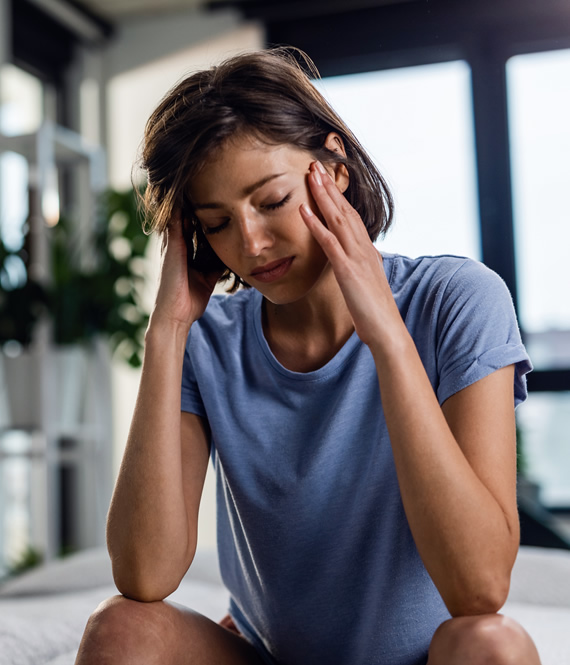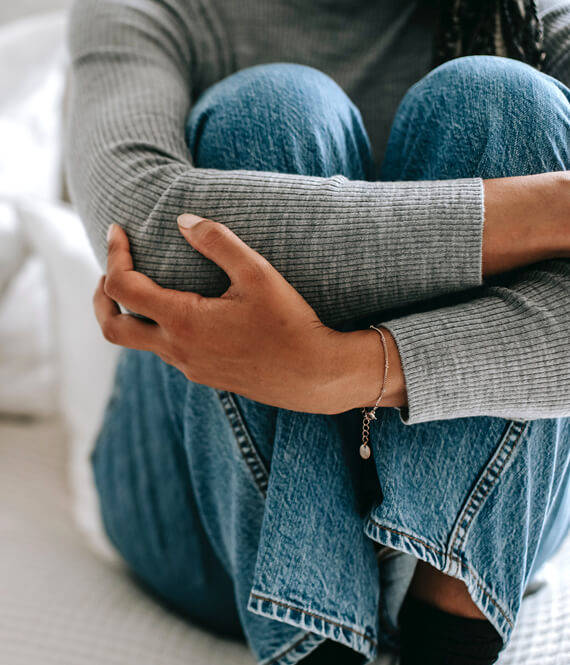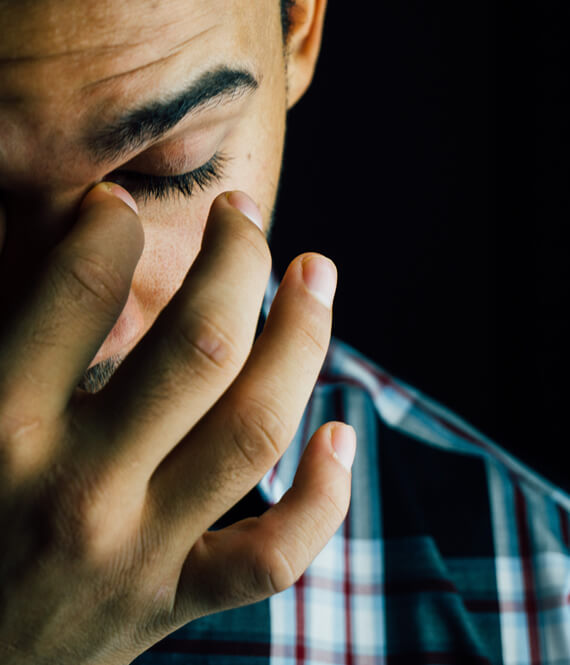
Psychologists Share 5 Interesting Facts About Anxiety – And It Made Us Remember How Complex It Is
We recommend helpful products in our articles. Read our full disclosure here. The content on this website is not intended to be a substitute for professional advice, diagnosis, or treatment.
“Are there any interesting facts about anxiety?”
Anxiety is a feeling you may face if you feel tight or nervous before making a presentation or attending a job interview.
Anxiety isn’t necessarily terrible; in some situations, it may be a positive motivator and aid in your ability to act quickly in response to dangers.
However, persistent, intrusive, or overwhelming everyday anxiety attacks may be a symptom of a more profound illness.
Knowing what causes your anxiety might help you become more compassionate toward yourself and provide you with the resources to lessen its effects.
In America, there are more than 25 million people who suffer from anxiety.
Anxiety disorders are present in approximately one in five persons in the US.
Most people believe that anxiety is a sensation of trepidation, discomfort, or restlessness.
Yes, but it also has the potential to become overpowering.
When someone has an anxiety problem, intrusive, recurring thoughts frequently cause them to become dysfunctional.
Sadly, many misconceptions regarding anxiety still exist.
Do you know any of these fascinating facts about anxiety?
Mental health is not something that can be taken lightly.
For many, it can affect every aspect of their life.
We had a talk with Shift Grit, Edmonton Psychologists about this exhausting issue.
Here are 5 interesting facts about anxiety they gave us.
Interesting Facts About Anxiety
1. Anxiety may be inherited.
Nobody is sure why some people experience anxiety while others do not.
Researchers think there could be a hereditary connection because anxiety problems appear in families.
Anxiety is more likely to develop in those with a family background of it or other mental illnesses.
Especially in genetically susceptible people, exposure to stressful or frightening experiences can cause anxiety.
Anxiety disorders include conditions like post-traumatic stress disorder.
2. Anxiety may be beneficial. It is also crippling.
Feeling worried and uneasy before an extensive talk, public demonstration or first date is natural and healthy.
In certain situations, our vigilance is heightened, which is why we get the jitters.
When we realise the critical condition, our muscles and minds go into high gear.
However, worry can occasionally strike seemingly out of nowhere.
When leaving the house, some people experience terror.
Others struggle to operate and enjoy life because they are concerned almost constantly.
You could have an anxiety condition if your anxiety affects your everyday tasks.
3. Anxiety may cause discomfort in the body.
One of the most interesting facts about anxiety is that it has a solid physiological foundation.
Every one of the body’s physical symptoms is a direct outcome of the fight-or-flight reaction.
When the brain detects a threat—real or imagined, it makes no difference—it floods the body with a concoction of brain chemicals to give it the physical means to either fight for life or flee from it.
Chest tightness, headaches, nausea, muscular tension, heart palpitations, and stomach issues are examples of physical symptoms.
Stress hurts.
Everyone responds differently, but both the physical and emotional ones are genuine.
4. Anxiety and depression are connected.
Anxiety frequently contributes to or initiates depression.
According to research, women with GAD are more likely to experience depression than non-gAD women.
The mental weariness of persistent depression causes people with depression to experience anxiety symptoms often.
People who experience constant anxiety may attest to the same.
For instance, people battling a social anxiety disorder may experience depressive symptoms due to lifestyle decisions chosen to manage the disorder’s symptoms, such as ignoring people and public settings.
5. Anxiety might result in memory issues.
People with anxiety typically find it challenging to remain in the present, which makes them forgetful with stress and an incapacity to deal with the worry, those with generalised anxiety disorder struggle.
When we worry, it’s frequently about something that hasn’t happened yet, suggesting we anticipate a time when issues could arise.
This is why persons with anxiety often give the impression that they are disinterested, not paying attention, or just don’t bother.
Takeaway
Psychotherapy, support networks, and prescription treatment are all helpful ways to lessen the symptoms of anxiety disorders.
Many people discover that relaxation and breathing methods, regular physical activity, abstaining from intoxicating substances, lowering coffee and nicotine intake, attempting to get enough sleep, and following a nutritious diet can help control symptoms.
Cognitive behavioural therapy is a typical treatment strategy for anxiety (CBT).
CBT can successfully lessen the symptoms of many different anxiety disorders by refocusing thoughts and changing unhelpful emotional and behavioural reactions.
For instance, exposure treatment, a cognitive behavioural therapy, might assist you in reducing avoidant tendencies using desensitisation techniques.
It might be beneficial to educate oneself on anxiety disorders to eradicate stigma and stereotypes related to mental health issues.
Anxiety disorders affect about one-third of Americans, and it is normal for people to adopt unhealthy coping strategies, such as avoidant behaviours or drug abuse disorders.
You may learn new ways of thinking, create better coping strategies, and lessen the frequency and severity of your symptoms using online cognitive-behavioural therapy.
"We love to research problems, examine studies, analyze solutions, and share with you ideas that make life healthier. You can learn about us and our editorial standards here. Have suggestions or feedback to share? Send us a message!."













Leave a Comment